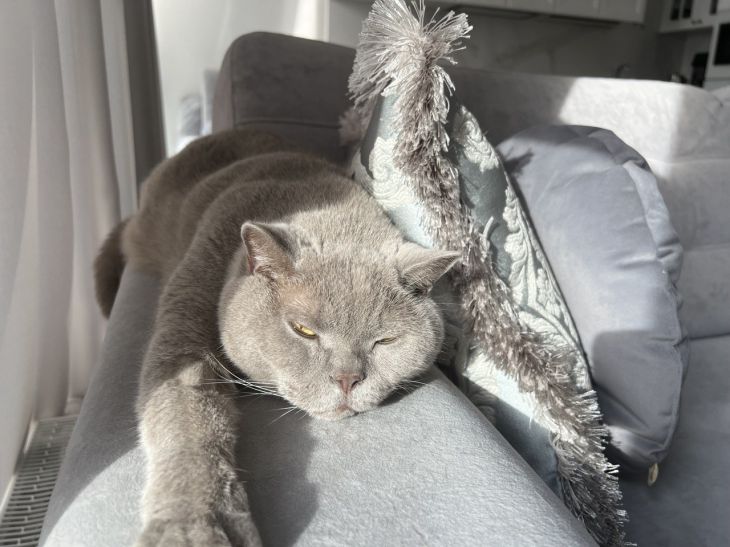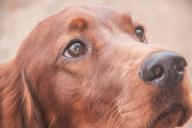While some cats purr with pleasure, others may begin to drool, leaving owners wondering why this behavior is happening.
This can be a sign of deep relaxation and comfort, but in some cases it can also indicate more serious health problems.
Let's dive into the world of cat habits and health to understand why a cat might drool when touched and how to distinguish between harmless displays of pleasure and potential signs of illness.

Satisfaction
In most cases, a small amount of drooling during petting simply means that the cat is enjoying himself.
Like humans, some cats drool when they sleep, and petting them can quickly lull them to sleep. A cat in this calm state is more likely to drool than one that is awake and alert all day.
Contented drooling is often accompanied by other signs of relaxation, such as sitting in a loaf position. If your cat purrs, closes its eyes, or sticks out its belly, it's enjoying a petting session.
Too much catnip
If you allow your cat to enjoy catnip from time to time, you may notice that she drools when you pet her during a post-catnip scratching session.
A little drooling is a natural reaction for some cats and shouldn't be a cause for concern. As long as your cat is rolling around on the floor, rubbing her face, and enjoying life, there's no need to worry if she drools after eating catnip.
Some cats may become overexcited after consuming catnip. They may become hyperactive or even aggressive.
If you notice signs of hostility, such as a twitching tail, flattened ears, or raised fur, you should leave the cat alone until it calms down.
Caries and dental diseases
Daily or excessive drooling in cats often has a more serious cause, one of which is a dental problem. Drooling relieves discomfort in the mouth. In the case of a gum infection, blood may be seen in the saliva.
Dental disease is a common problem in domestic cats that is often overlooked by even the most knowledgeable owners. Many people do not examine their cats' teeth, so it is easy to miss obvious signs of infection and disease.
Veterinarians recommend preventing dental disease by brushing your dog's teeth daily and cleaning them annually with toothpaste.
Breathing problems
Some respiratory infections that affect cats can cause lesions or ulcers in the mouth. As with teeth, painful ulcers can cause cats to salivate in an attempt to relieve discomfort.
Even cats with perfect teeth can drool excessively due to breathing problems. Drooling can occur throughout the day, regardless of whether the cat is petted.
Respiratory infections can lead to serious health complications if left untreated. If you notice a change in your cat's eating habits or refusal to eat, it may be due to a respiratory condition.
Foreign objects
If your cat drools a lot when you pet her, it may be because she needs help removing something from her mouth or esophagus. If she swallows objects like chicken bones, buttons, needles, and more, they can easily get stuck.
A cat's natural reaction to a foreign object stuck in its mouth is to try to paw it out. It may also try to induce vomiting, which can lead to excessive salivation.
If you notice increased salivation, irritation, or an inability to swallow, check your cat's mouth and throat to make sure the airway is clear.
If your cat appears to have something stuck in its mouth or throat, you should seek immediate veterinary attention. An object stuck in the throat can quickly become a choking hazard if not removed.
Fear or anxiety
Some cats drool when they are very stressed or anxious. Fear can cause the digestive system to shut down, often leading to nausea and even vomiting.
Nausea often causes cats to salivate. Some cats also salivate due to motion sickness when riding in a car.
If you pet your cat and notice that it is drooling, check for other signs of distress, such as dilated pupils, rapid breathing, or tense muscles.
Cats are often afraid of loud noises or chaotic environments. Changes can also cause a stress response, even during a relaxing petting session.
The best way to ease your cat's anxiety is to eliminate anything that is causing her stress. Find a safe, cozy, and quiet place where your pet can calm down.
Previously we reported on cat breeds that are friendly.









